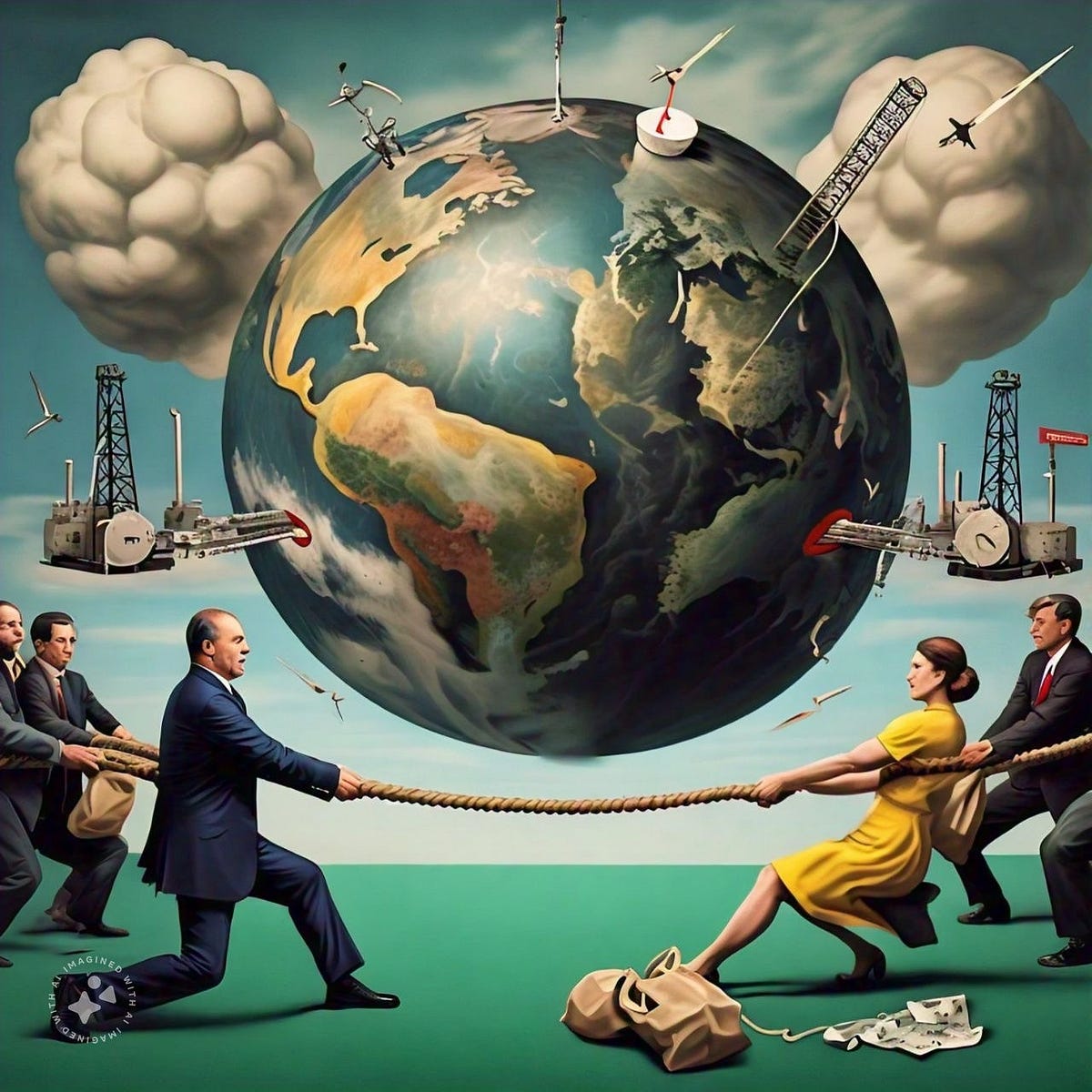Examining the Shared Responsibility for the Climate Crisis: Corporations, Governments, and Individual Consumers
The content discusses the ongoing debate about who is responsible for the climate crisis and whose actions need to change to address this looming catastrophe.
The article presents two main perspectives:
-
The "Behemoth" Perspective: This view points the finger at governments and fossil fuel industries as the primary carbon emitters, with 71% of global greenhouse gas emissions since 1988 being attributed to just 100 companies, and 20 of them contributing a third of all carbon emissions.
-
The "Individual Responsibility" Perspective: This view argues that the insatiable demand of households and individuals for high-emitting products and services, such as meat, clothing, electronics, petrol-powered cars, and air travel, has led to the climate crisis.
The article suggests that this binary framing of the issue as a choice between individual actions and systemic change is a false dichotomy that is holding back progress. The climate crisis requires a holistic approach that acknowledges the shared responsibility among corporations, governments, and individual consumers.
Tilpas resumé
Genskriv med AI
Generer citater
Oversæt kilde
Til et andet sprog
Generer mindmap
fra kildeindhold
Besøg kilde
medium.com
Who Is Really To Blame For The Climate Crisis?
Vigtigste indsigter udtrukket fra
by Ricky Lanuss... kl. medium.com 09-13-2024
https://medium.com/the-new-climate/who-is-really-to-blame-for-the-climate-crisis-d6b34ceae26e
Dybere Forespørgsler
